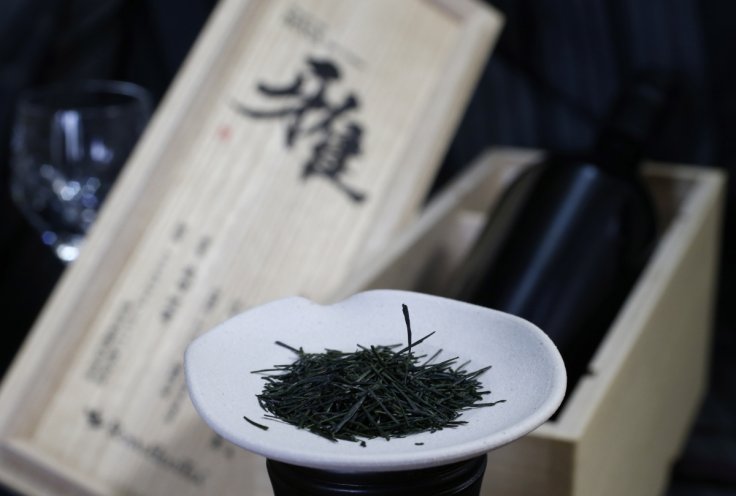
Giving you another reason to sip a cup or two of green tea, a new study claims a compound in green tea may fight your body's resistance against bacteria a little better.
According to the study, Epigallocatechin (EGCG) -- a molecule found in high quantities in green tea -- can boost the efficacy of antibiotics and kill notorious antibiotic-resistant bacteria.
Epigallocatechin (EGCG) – the focus of many studies in recent years – is linked with many common health benefits of the beverage such as preventing against neuronal damage, as well as, fighting cancer and heart attack.
The EGCG compound can enhance the effect of antibiotics in treating strong bacterial pathogens, particularly Pseudomonas aeruginosa, a dangerous bacterium resistant to many antibiotics and becoming a concern in many hospitals across the world, the new study published in the Journal of Medical Microbiology suggested.
The study revealed EGCG administered with an antibiotic called aztreonam effectively kills Pseudomonas aeruginosa in laboratory tests, as well as, in live organism tests using moth larvae.
"Without effective antibiotics, the success of medical treatments will be compromised. We urgently need to develop novel antibiotics in the fight against AMR. Natural products such as EGCG may be a way of improving their effectiveness and clinically useful lifespan," lead author Jonathan Betts explained.
The World Health Organization has listed antibiotic-resistant Pseudomonas aeruginosa as a global health threat to human and needs to be tackled by fostering innovation and research.
"We have shown that we can successfully eliminate such threats with the use of natural products, in combination with antibiotics already in use," said co-author Roberto La Ragione.
Another study, however, revealed in 2018 that EGCG could result in liver toxicity and could be poorly absorbed if consumed orally. Whether or not the compound can be effectively modified and turned into a human treatment is yet to be known.









